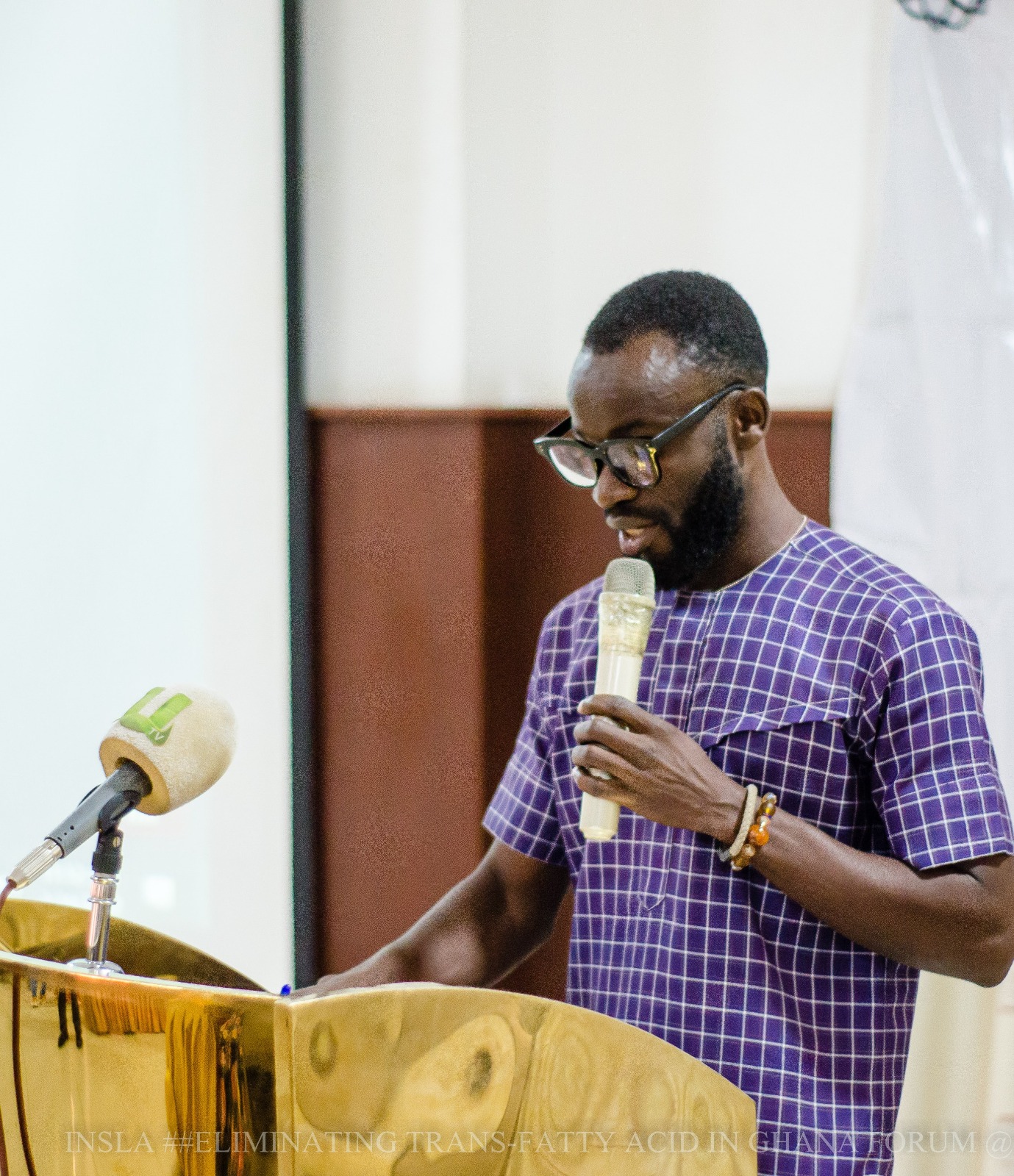
April 6th marks World Day of Physical Activity. WHO defines physical activity as any bodily movement produced by skeletal muscles that requires energy. Physical activity refers to all movement including during leisure time, for transport to get to and from places, or as part of a person’s work. Physical activity is proven to help in the prevention of hypertension, overweight and obesity and can improve mental health, quality of life and well-being.
However, 1 in 4 adults doesn’t meet the recommended levels of physical activity. World Health Organization estimates that about 5 million deaths per year could be totally prevented by being more active on a regular basis. Physical inactivities could lead to weak cognitive performance, obesity and Non Communicable Diseases like diabetes, strokes and heart problems.
This year’s theme “Have a Good Time! Be Active!” emphasizes the importance of fun. The theme is saying that if we enjoy physical activity, we are more likely to keep it up and continuous physical activities means being in good health. The Institute of Leadership and Development (INSLA) marked this year’s celebration by releasing a press statement on the day of the celebration. Prior to the 6th of April, which is the day set aside to celebrate the World Physical Activity Day, advocacy materials were created and shared on various social media platforms from Monday to Wednesday to create awareness and educate the populace on the need for physical activities. INSLA through its press statement urged government and stakeholders to comprehensively implement the World Health Organization (WHO) Global Action Plan on Physical Activity (GAPPA) in Ghana to help prevent and treat non-communicable diseases (NCDs) such as heart disease, stroke, diabetes and, breast and colon cancer.

The WHO Global Action Plan on Physical Activity was developed through a worldwide consultation process involving governments and key stakeholders across multiple sectors including health, sports, transport, urban design, civil society, academia and the private sector, the plan seeks to reduce the global prevalence of physical inactivity in adolescents and adults by 15 percent by the year 2030 (15by2030), through the implementation of four Strategic Policy Action Areas which includes: the creation of active societies, creation of active environments, creation of active people, and the creation of active systems. The 2014 Ghana Report Card on Physical Activity for Children and Youth indicated that less than 40% of Ghana’s children and youth participated in any amount of physical activity. Another
study revealed that only about 24.5% of the target population regularly exercised (Obiri koranget al., 2016). Being physically active is one of the most important steps that Ghana’s population, of all ages, can take to improve their health and reduce the incidence of Non-Communicable
Diseases (NCDs). A good balance between rest, recreation and physical activity cannot be overemphasized. Researches have shown that sedentary behavior contributes to a host of chronic diseases.
Ghana’s National Health Policy (NHP) talks about the adoption and implementation of a healthy lifestyles to achieve the objective of the policy. The policy shall ensure that the individual is encouraged to enjoy adequate rest, and shall support the development of recreational and physical activity facilities for regular use of the population towards the achievement of long-term individual and population health benefits. ‘National stakeholders must start to engage and dialogue on the implementation of the Global Action Plan on Physical Activity in Ghana. The improvement of population-based physical activity commitment expressed in the National Health Policy (NHP) should be practicalized for the benefit of the population and health’, urged by Issah Ali; Development Practitioner.
Benjamin Anabila; Director of INSLA said ‘Government and development partners through the Ministry of Health, Ministry of Youth and Sports, Ministry of Roads and Highways, National Development Planning Commission, security agencies and other duty bearers should put in place population-based measures to ensure that interventions and programmes such as national fitness days are observed, friendly cycling and walk ways are protected’. He concluded that, since physical activity saves lives, he called on individuals to take charge of their lives by engaging in physical activities to keep them healthy and strong.